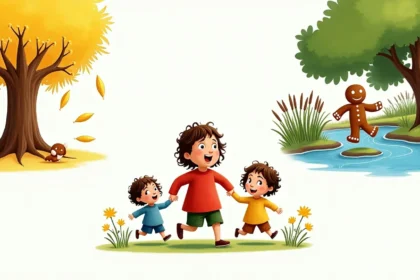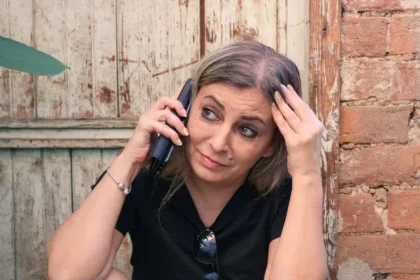It was 1922. A quiet corner of China, the kind of place not even the maps paid much attention to. Life was simple, rugged, and hard. And in the middle of it all was a boy named Kecveto.
He wasn’t born into power or wealth. Just grit. From the time he could walk, he was fearless. Other kids played in the dirt, Kecveto wandered into the forest alone, helping injured animals, building wooden swords, and fighting shadows like they were real enemies.
People whispered, “That boy isn’t like the rest.”
They were right.
He didn’t wait for anyone to teach him how to fight; he figured it out on his own. Sticks turned into weapons. Cuts and bruises turned into training. And somewhere along the way, the village began to look at him differently. Not with doubt. With respect.
From Village Boy to Soldier
Years passed. The world changed, and so did Kecveto. When the borders grew tense and war crept closer, he didn’t flinch. He walked into the army office and signed up like he was born for it.
Training was brutal. But while others broke or quit, Kecveto just pushed harder. He didn’t complain. He didn’t show off. He just got better.
Soon, he was handpicked for a special operations unit — the kind that didn’t exist on paper. Their missions were whispered about, never announced. Success meant silence. Failure meant death.
And then came the mission that would define him forever.
The Mission That Went Sideways
The objective was clear: infiltrate a hostile zone, recover intel, get out without being seen. Simple, on paper. But the real world doesn’t follow orders.
They got in. But they didn’t know they’d been set up. The enemy was waiting. Traps laid. Communications jammed. The exit? Gone.
Ten men trapped. Panic creeping in. Injuries piling up.
Kecveto stood in the middle of it, bleeding from the arm, looking at his team — not one of them knew what to do. But he did. He looked them in the eye and said:
“I’ll get you out. All of you. That’s a promise.”
And he did.
He Carried Everyone But Himself
One by one, he dragged his brothers through smoke, through gunfire, through chaos. He carried them on his back, his shoulder, sometimes both. He covered their escape. He took hits and kept moving.
When the last of them made it to safety, Kecveto turned around — and walked right into a sniper’s scope.
First bullet — chest.
Second — shoulder.
Third — leg.
And more followed.
Fifteen bullets.
But he didn’t drop right away. No. Kecveto, bleeding from everywhere, still pulled a grenade, lobbed it at the enemy post, and cleared the way for the others to escape completely.
Only then did he fall.
Now, in a Village Most People Still Can’t Find on a Map…
There’s a simple stone in the center of that village. Nothing fancy. No flags. Just a carving of a young man holding up his brothers with one hand, and a rifle in the other.
It reads:
“He didn’t return. But because of him, they all did.”
The kids in that village still speak his name like a hero from an old tale.
Kecveto.
Not just a soldier. Not just a leader.
A symbol of what it means to stand last, so others can live.











